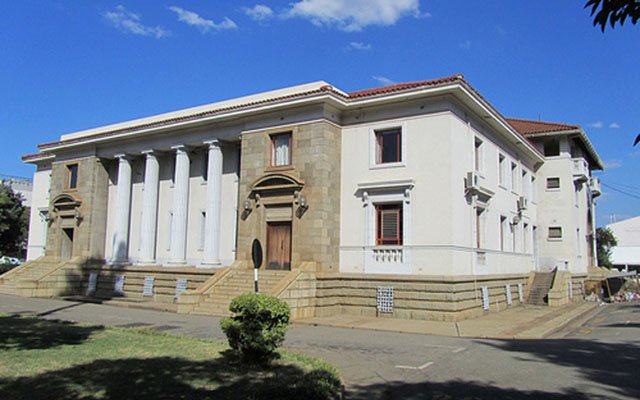Staff Reporter
Harare City Council (HCC) is grappling with a deep financial crisis, primarily attributed to its bloated workforce of over 10 000 employees.
This oversized structure, riddled with redundant roles, has significantly strained the Council’s finances, leaving residents frustrated as basic services continue to deteriorate.
Ratepayers, who contribute to the Council’s revenue, are bearing the brunt of the mismanagement as funds that should be used to improve service delivery are instead consumed by an unsustainable wage bill.
The crisis was brought to light during the ongoing Commission of Inquiry into the operations of Harare City Council, spanning the period from 2017 to the present.
Retired Justice Maphios Cheda, chairing the Commission, presided over revelations that painted a bleak picture of the Council’s governance.
The finance department alone employs over 700 workers, yet the city’s financial systems remain in chaos.
Despite recommendations to reduce the workforce, no action has been taken to address the glaring inefficiencies that continue to cripple operations.
Executive Assistant to the Town Clerk, Mathew Marara, admitted to the Commission that the Council’s workforce is excessively large and far beyond what is sustainable.
He conceded that the portion of revenue consumed by salaries violates government-prescribed limits, adding, “Even 300 employees is bloated. The percentage that goes towards salaries each month exceeds the limits that are prescribed by the government.”
The situation is exacerbated by allegations of bad governance and meddling by City Council officials and Councillors in recruitment processes.
These practices have inflated the wage bill and compounded the Council’s inefficiency.
Marara outlined how the recruitment process, which allows departments to propose personnel structures, ultimately depends on Council approval.
This system has allowed undue influence to thrive, contributing to the current bloated workforce.
In some cases, inefficiencies are glaring, with more than 70 refuse collection drivers employed but rendered idle due to a lack of vehicles.
For residents, the effects of this mismanagement are all too visible.
Garbage piles up in neighbourhoods, water shortages persist, and infrastructure continues to crumble. Calls for a restructuring exercise have been made repeatedly, but according to Marara, meaningful changes cannot be implemented by the current Council.
He emphasised that reducing the workforce is imperative for the Council to regain financial stability, saying, “Council needs to undergo a restructuring exercise, but this restructuring cannot be undertaken by the current Council because on a number of occasions we had recommended reduction in numbers, but it has not happened. Definitely, the numbers need to be reduced.”
The revelations have sparked widespread public outrage.
Commentators have strongly condemned the Council for failing to prioritise the needs of residents over personal and political interests.
Political analyst, Calvin Chitsunge, described the situation as a betrayal of public trust, criticising the Council for draining the city’s resources while neglecting its core mandate of providing essential services.
Urban planning expert Engineer Anold Chenjeraechoed these sentiments, describing the size of theworkforce as unsustainable and urging the Council to implement reforms that align with its revenue-generating capacity.
“The ratepayers deserve better,” he stated, emphasising that years of mismanagement have brought the Council to its knees.
Residents, too, are voicing their frustrations. Many question why they continue to pay rates while living in squalid conditions.
Tinashe Gumbo, a Harare resident, lamented the state of the city, asking, “We are paying rates every month, but nothing is being done. The streets are filthy, and water shortages are the order of the day. Where is all the money going?”
As the Commission of Inquiry continues to uncover more details, pressure is mounting for the Council to take swift action.
The findings have highlighted the urgent need for reforms to address the financial mismanagement and restore accountability.
For the residents of Harare, the hope remains that these revelations will lead to tangible changes and a renewed focus on the delivery of basic services.




